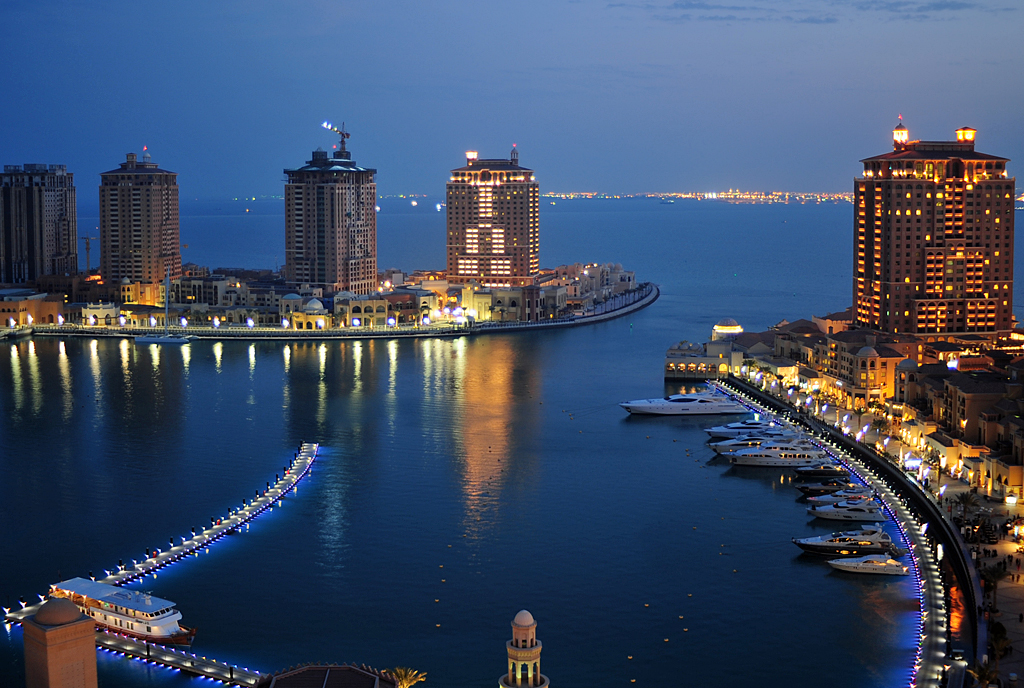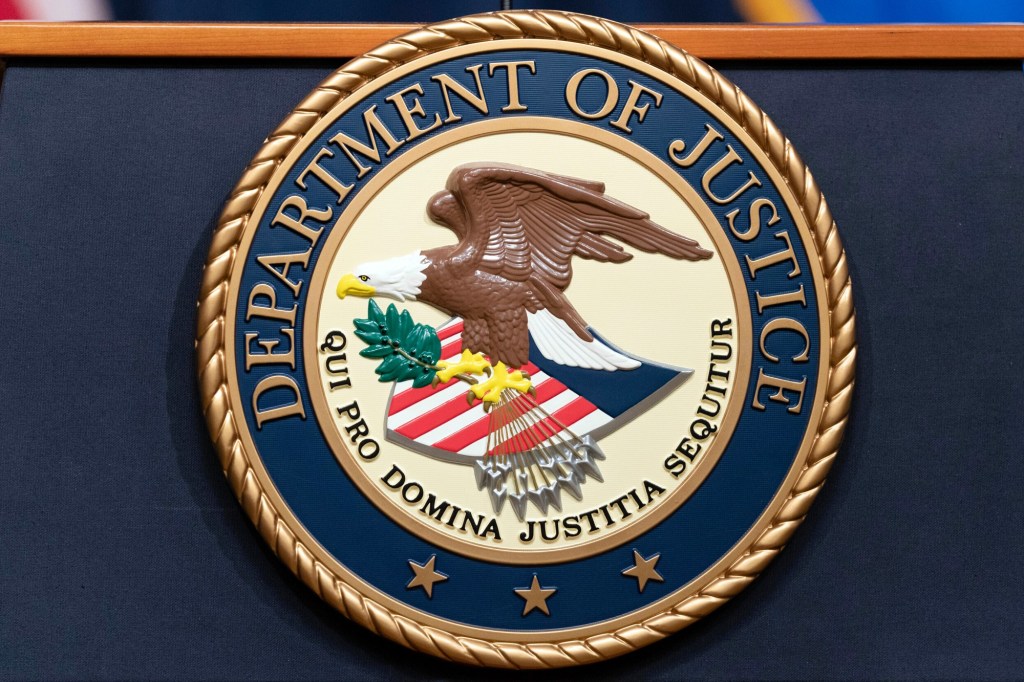
Human Rights Watch (HRW) on Sunday expressed concerns over Qatar’s alleged discriminatory policies against the ethnic minority Baha’i community.
HRW Deputy Middle East director at HRW Michael Page stated:
The Baha’i community of Qatar has endured decades of government discrimination and intimidation, and authorities have consistently ignored community leaders [sic] repeated efforts to engage the government in dialogue and seek redress. This state-sponsored discrimination poses a threat to the very existence of the Baha’i community of Qatar.
At least 14 of the community’s members have been deported between 2003 and 2025. The alleged persecution of the Baha’i and discriminatory policies against them have resulted in the members of the Baha’i facing loss of employment, income, and separation from their families.
HRW asserted that the Qatari government’s actions constitute violations of Article 18 of the ICCPR and the Universal Declaration on the Elimination of All Forms of Intolerance and of Discrimination Based on Religion or Beliefwhich guarantee individual freedom to practice religion. Notably, Qatar is a party to the ICCPR.
The rights group’s statement follows the recent arrest and detention of Remy Rowhani, the chair of the National Spiritual Assembly of the Baha’is of Qatar, which governs the affairs of Baha’is in the country. He was charged with publishing news or media related to the sanctity of an individual’s private or family life under Article 8 of the Law No. (14) of the 2014 Cybercrime Prevention Law. However, HRW highlighted that the alleged publications on X (formerly Twitter) are limited to celebrating Qatari holidays and Baha’i values.
Last year, An expert also expressed their concerns over systemic targeting of Baha’i women in Iran, including their exclusion from post-secondary education and public employment solely on the grounds of religious faith.
Moreover, the UN special rapporteur on the situation of human rights in the Islamic Republic of Iran reported in 2019 that the Baha’i community had endured the “most egregious forms of repression, persecution and victimization” over the previous 40 years. The report further highlighted that Baha’is were classified as “unprotected infidels” and had been killed without any legal repercussions.



